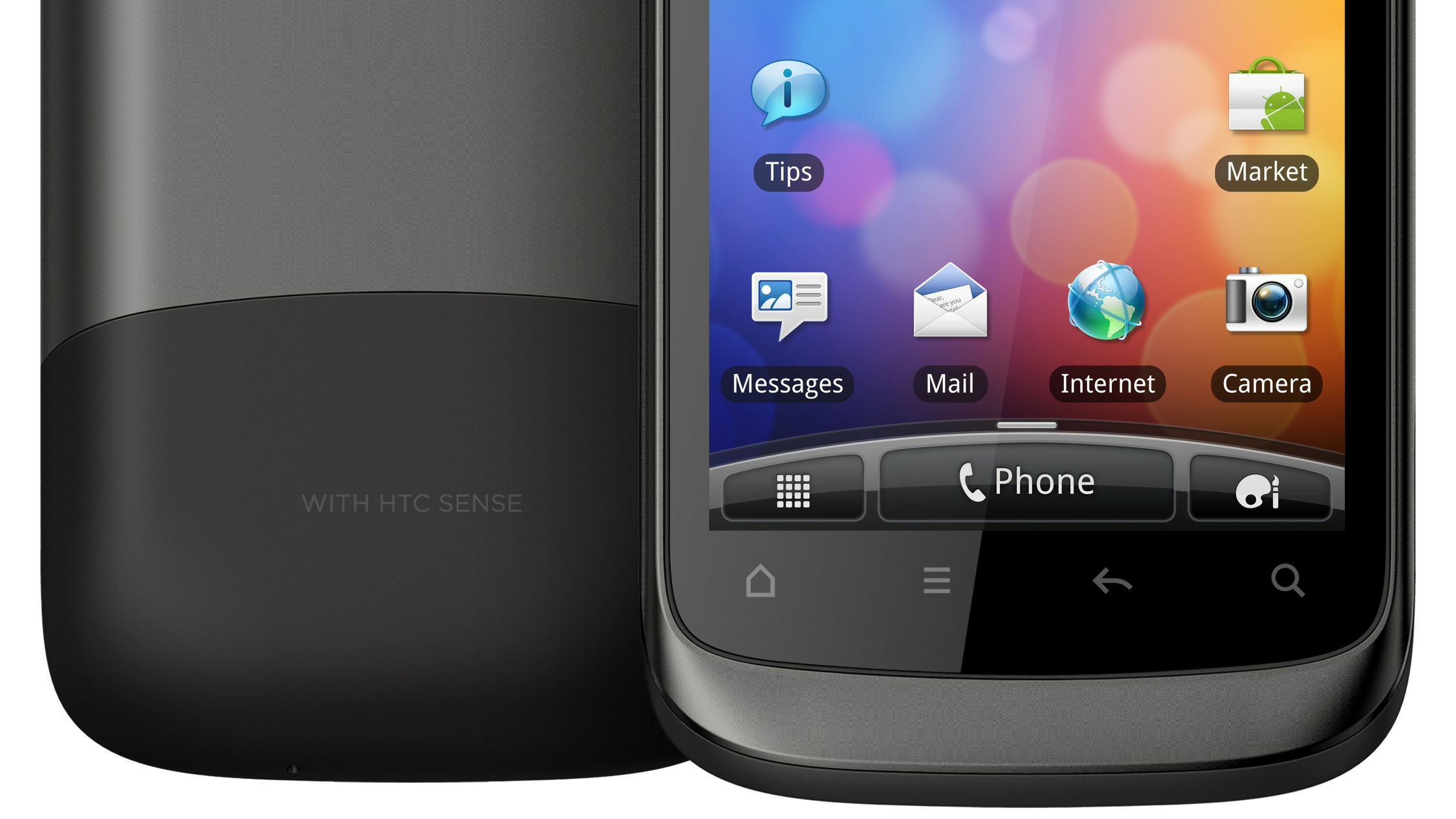Nokia's court success isn't actually a win, says HTC

A German court has found that HTC has breached a Nokia-owned patent regarding power saving, potentially giving Nokia enough fire power to charge HTC a fee for every device that contains the tech.
Foss Patents reports that the Nokia patent in question is lovingly known as EP0673175 and refers to the "reduction of power consumption in a mobile station".
The injunction only involves the Wildfire S, Desire S and Rhyme and HTC notes "the judgment only covers three handsets that HTC no longer imports into Germany - this judgment is of little significance".
'This patent is trivial'
The HTC statement continues: "The power-saving technology described in this patent is trivial and contributes only a negligible reduction in power-consumption, so HTC has removed any allegedly corresponding functionality from all of its current German handsets as a precaution against any attempt by Nokia to extend the scope of the judgment unfairly.
"HTC will be appealing the present decision but also believes that this patent is invalid and so will be continuing with the invalidity actions pending before the German Federal Patents Court and the English Patents Court."
Although HTC has avoided a possible patent licence row by removing the tech from the offending handsets, doing so could well see a reduction in battery life for the three devices in question.
HTC concludes: "This decision cannot be described as a 'win' for Nokia because it only applies to handsets that are no longer imported into Germany, and newer HTC handsets do not use the accused technology." Zing!
Sign up for breaking news, reviews, opinion, top tech deals, and more.

TechRadar's former Global Managing Editor, John has been a technology journalist for more than a decade, and over the years has built up a vast knowledge of the tech industry. He’s interviewed CEOs from some of the world’s biggest tech firms, visited their HQs, and appeared on live TV and radio, including Sky News, BBC News, BBC World News, Al Jazeera, LBC, and BBC Radio 4.